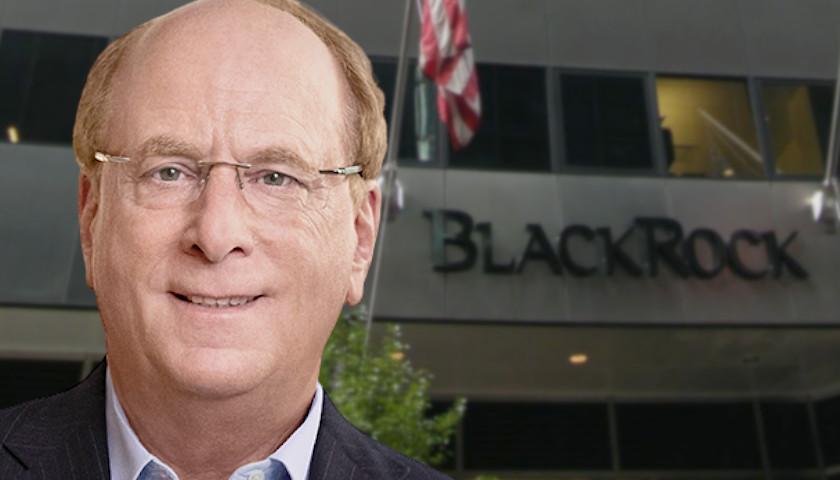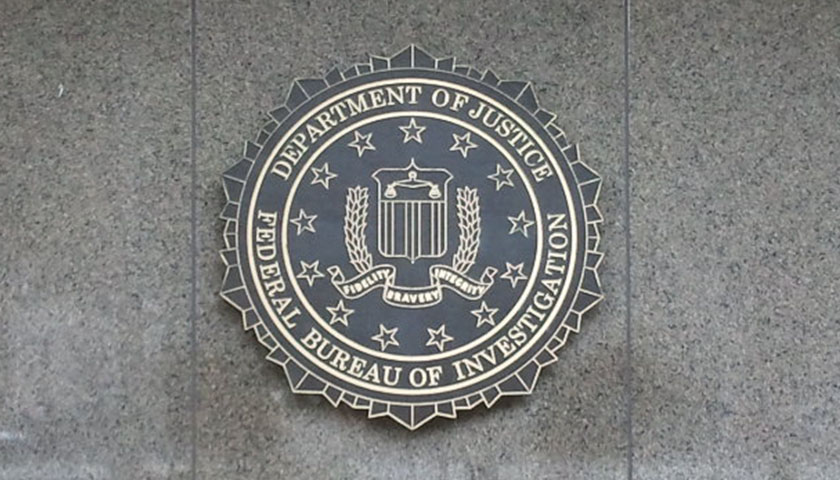by Anthony Hennen
While Pennsylvania will receive more than $2 billion from a number of opioid-related settlements, the total amount will be less than what officials initially hoped.
During the latest meeting of the Pennsylvania Opioid Misuse and Addiction Abatement Trust on Thursday, Trust Chairman Thomas VanKirk noted that the “Wave 2” settlement money will be at least $200 million less than previously anticipated.
The Wave 2 settlement came from opioid manufacturers Teva and Allergan and pharmacy chains CVS, Walgreens, and Walmart.
The settlement money was distributed according to a formula that considered county-level participation. Some counties in Pennsylvania did not join, shrinking the total amount awarded from $773.4 million to $567.3 million, VanKirk (pictured above) said.
The settlement money is not the only source of funds to treat drug addiction and the problems that come with it. While the state budget earmarks hundreds of millions for treatment and prevention programs, the Opioid Trust, will provide a $2 billion infusion over the next 18 years to the effort – a long-term source of funding aside from taxpayer money.
So far, the trust has sent out more than $130 million to counties, the state, and other political subdivisions of the commonwealth, VanKirk noted.
The bulk of the money, 70%, is meant for counties; 15% is to be controlled by the General Assembly; and 15% for entities that litigated the settlement. Tracking the money will be a major issue to ensure it’s being properly spent and spent well, VanKirk said.
County officials, he noted, have asked for guidance on how to spend the money properly and effectively.
“It’s not one-size-fits-all,” VanKirk said. “One reason why we turn this over to the counties was we know that, at the local level, is where the decision should be made.”
Helping county officials spend the money better is the point of a three-year renewable contract the trust is entering into with Penn State University, Temple University, and the University of Pittsburgh. Researchers will provide data collection services, with $540,000 from the Trust to support them. The information will be posted for public viewing on the Opioid Trust’s website, VanKirk said.
The next scheduled meeting of the trust’s board will be Sept. 7, but a special meeting is expected to take place at some point during the summer.
– – –
Anthony Hennen is a reporter for The Center Square. Previously, he worked for Philadelphia Weekly and the James G. Martin Center for Academic Renewal. He is managing editor of Expatalachians, a journalism project focused on the Appalachian region.
Photo “Thomas VanKirk” by Thomas VanKirk. Background Photo “CVS” by Mike Mozart. CC BY 2.0.




